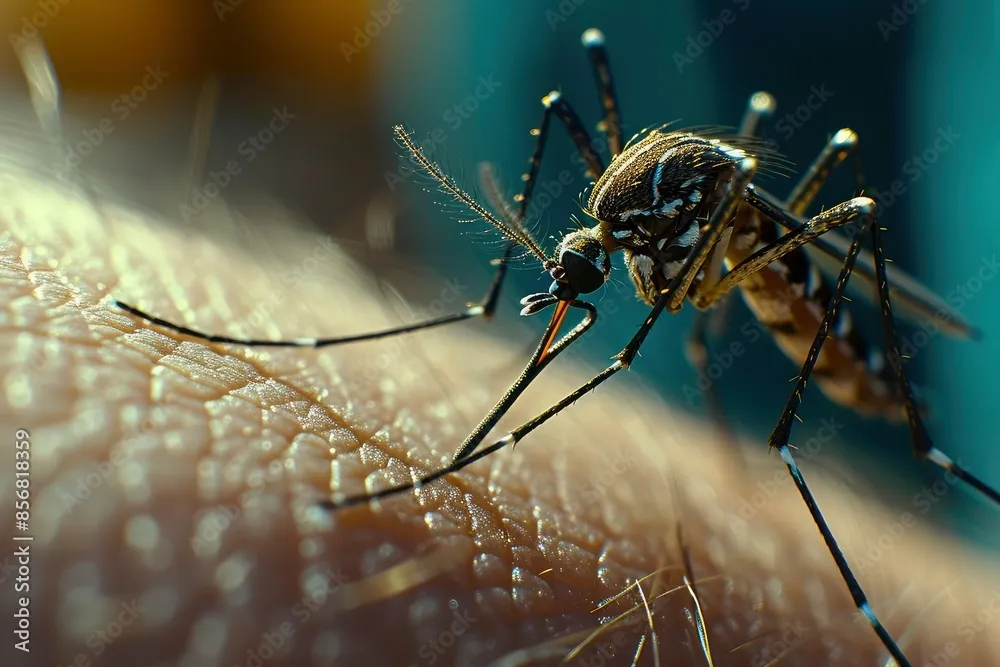Dengue fever is a serious viral illness that is transmitted to humans through the bites of infected mosquitoes, primarily the Aedes aegypti and Aedes albopictus species. These mosquitoes are commonly found in tropical and subtropical regions around the world, where they breed in stagnant water sources such as puddles, flower pots, and discarded tires.
The role of mosquitoes in spreading dengue fever is crucial, as they act as vectors for the virus. When a mosquito bites a person infected with dengue, it ingests the virus along with the blood. The virus then replicates within the mosquito’s body for about 8-10 days before it can be transmitted to another person through a subsequent bite.
Once infected, a person may experience symptoms such as high fever, severe headache, joint and muscle pain, nausea, vomiting, and rash. In severe cases, dengue fever can lead to dengue hemorrhagic fever, a life-threatening condition characterized by bleeding, organ failure, and shock.
Mosquitoes play a significant role in the spread of dengue fever due to their ability to quickly multiply and disperse the virus. Female mosquitoes can lay hundreds of eggs in a single breeding site, leading to rapid population growth. Additionally, these mosquitoes are highly adaptive and can thrive in urban environments, increasing the risk of transmission to humans living in densely populated areas.
Preventing the spread of dengue fever requires effective mosquito control measures, such as eliminating breeding sites, using insecticides, and implementing community-based programs to raise awareness about the disease. Individuals can also protect themselves by using mosquito repellent, wearing long sleeves and pants, and using mosquito nets while sleeping.
In conclusion, mosquitoes play a crucial role in spreading dengue fever and other mosquito-borne diseases. Understanding the biology and behavior of these insects is essential for developing effective strategies to control their populations and prevent the transmission of dengue fever. By taking proactive measures to reduce mosquito breeding sites and protect themselves from bites, individuals can help reduce the risk of contracting this potentially deadly disease.
